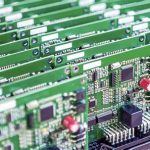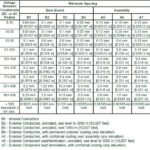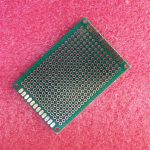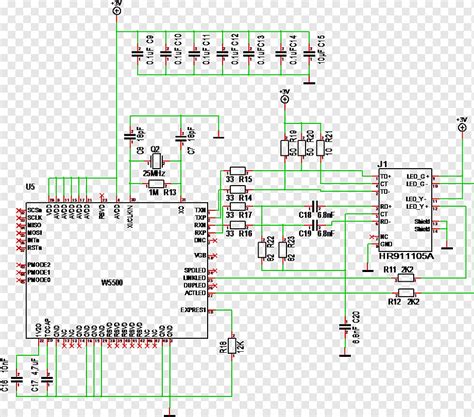
Blog
-
PCB Wiring-How To( Easy Methods)
Posted by
–
 Read more: PCB Wiring-How To( Easy Methods)
Read more: PCB Wiring-How To( Easy Methods)What is PCB Wiring? PCB wiring refers to the process of connecting components on a printed circuit board using conductive traces, usually made of copper. These traces are designed to carry electrical signals and power between components, allowing the board to function as a complete electronic system. Request Alumina PCB […]
-
To Bond Circuit Board Jumper Wires
Posted by
–
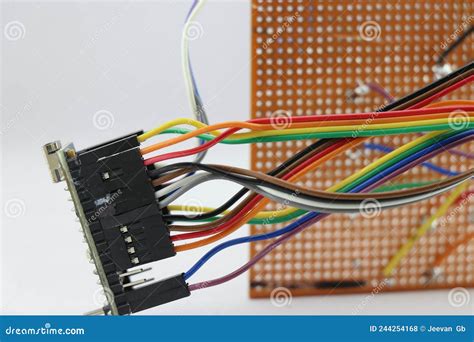 Read more: To Bond Circuit Board Jumper Wires
Read more: To Bond Circuit Board Jumper WiresIntroduction to Circuit Jumper Wires Circuit jumper wires, also known as jumper cables or jumpers, are short electrical wires used to create temporary connections between points on a circuit board or breadboard. Jumper wires allow you to modify, test, and prototype electronic circuits without the need for soldering. They are […]
-
To make a PCB with KiCad
Posted by
–
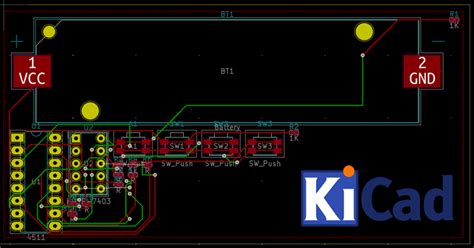 Read more: To make a PCB with KiCad
Read more: To make a PCB with KiCadIntroduction to PCB Design and KiCad Printed Circuit Boards (PCBs) are the backbone of modern electronics. They provide a reliable and efficient way to connect electronic components and create complex circuits. Designing and manufacturing PCBs can be a daunting task, especially for beginners. Fortunately, there are open-source tools like KiCad […]
-
To make sense of so many PCB design software
Posted by
–
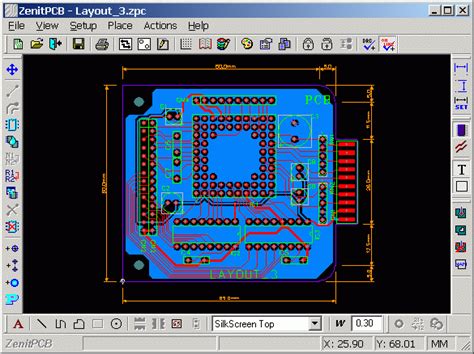 Read more: To make sense of so many PCB design software
Read more: To make sense of so many PCB design softwareUnderstanding the Landscape of PCB-CAD Tools Printed circuit board (PCB) design is a critical part of the electronics product development process. Choosing the right PCB computer-aided design (CAD) software is essential for creating high-quality, manufacturable designs efficiently. However, with so many PCB-CAD tools available on the market, it can be […]
-
To Mod an inkjet for PCB production
Posted by
–
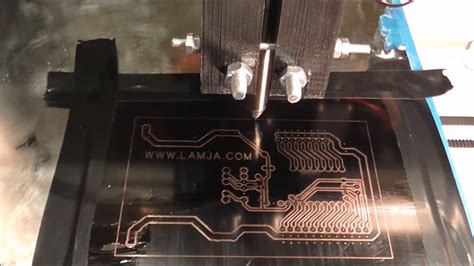 Read more: To Mod an inkjet for PCB production
Read more: To Mod an inkjet for PCB productionIntroduction to PCB Inkjet Printing Printed Circuit Boards (PCBs) are essential components in modern electronics. They provide a platform for mounting and interconnecting electronic components, forming the backbone of almost all electronic devices. Traditionally, PCBs are manufactured using subtractive methods, such as etching or milling, which involve removing unwanted copper […]
-
What are laser cut PCBs?
Posted by
–
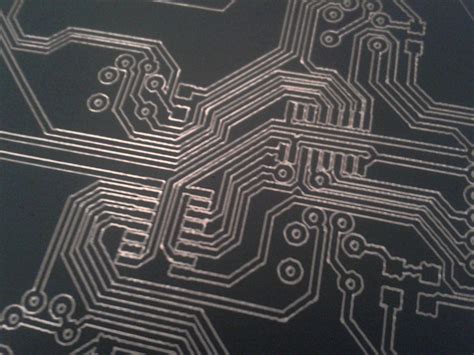 Read more: What are laser cut PCBs?
Read more: What are laser cut PCBs?Introduction to Laser Cut PCBs Laser cut printed circuit boards (PCBs) are an innovative way to rapidly prototype and manufacture electronic circuits. Using high-powered lasers, conductive traces and component footprints can be precisely cut into various substrate materials to create custom PCBs on-demand, without the need for traditional etching or […]
-
What is a linear resistor?
Posted by
–
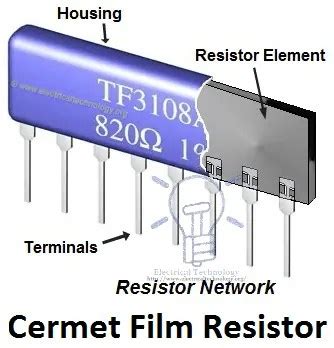 Read more: What is a linear resistor?
Read more: What is a linear resistor?Understanding Resistance and Ohm’s Law Before diving into Linear resistors, it’s crucial to understand the concept of resistance and Ohm’s law. Resistance is the property of a material that opposes the flow of electric current. It is measured in ohms (Ω) and is represented by the symbol R. Ohm’s law […]
-
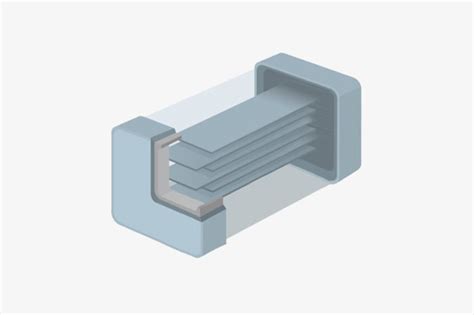 Read more: Metal Oxide Varistors: Everything You Need to Know
Read more: Metal Oxide Varistors: Everything You Need to KnowWhat are Varistors? Varistors are voltage-dependent, nonLinear resistors that exhibit a significant decrease in resistance when subjected to high voltage spikes or transients. They are designed to protect electronic circuits and electrical equipment from damage caused by overvoltage events, such as lightning strikes, switching transients, and electrostatic discharges (ESD). Varistor […]
-
What is the definition of VHDL?
Posted by
–
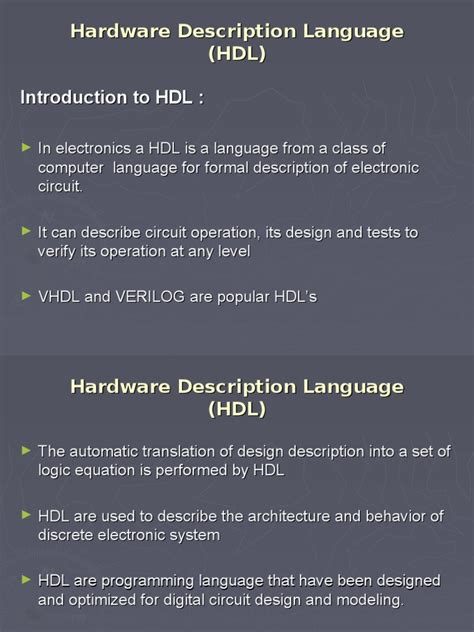 Read more: What is the definition of VHDL?
Read more: What is the definition of VHDL?Overview of VHDL VHDL was developed in the early 1980s by the U.S. Department of Defense as a standard language for describing digital systems. It was later adopted by the Institute of Electrical and Electronics Engineers (IEEE) as IEEE Standard 1076. Since then, VHDL has become one of the most […]
-
Which PCB Design Software is Best?
Posted by
–
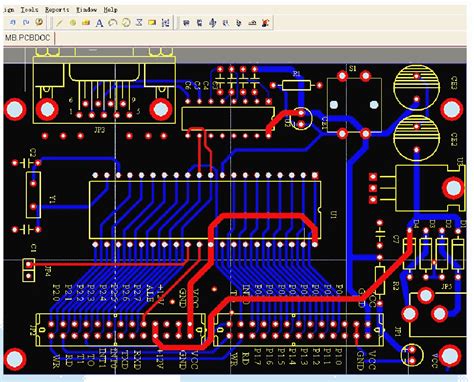 Read more: Which PCB Design Software is Best?
Read more: Which PCB Design Software is Best?Understanding PCB Design Software Before diving into the comparison of different PCB design software, let’s first understand what PCB design software is and why it is essential for electronic design. What is PCB Design Software? PCB design software is a specialized tool used to create and edit the layout of […]
